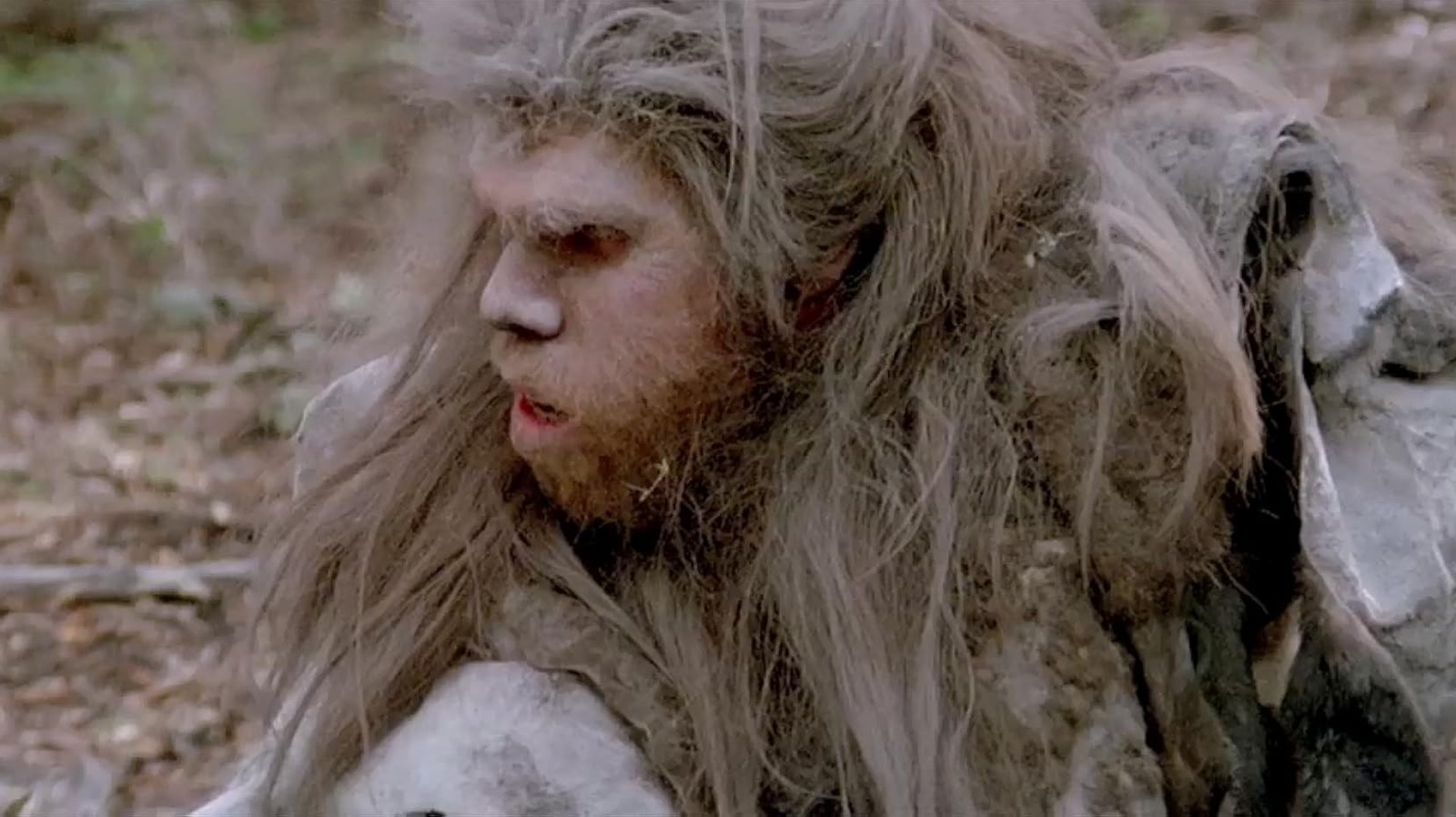Copyright slashfilm

When it hit theaters, several scientists stepped forward to discuss how historically inaccurate "Quest for Fire" was. Famously, a professional linguist named Philip Lieberman reviewed "Quest for Fire" for Brown University's American Anthropologist newsletter, pointing out that tribes with such varying levels of technology wouldn't be living so closely to one another. If one tribe could literally walk to a tribe that could make fire, then they would've known about each other's fire-making abilities. He also pointed out that the caveman actors all grunted and moved like apes, which wouldn't have been the case in the Middle Paleolithic period. Homo sapiens were already Homo sapiens. More recent research indicates that Homo sapiens and Neanderthals, two separate species, likely interacted regularly and may have inter-mated. "Quest for Fire" might have been accurate by accident. Critics mostly loved "Quest for Fire," as evidenced by its 88 percent critics' score (against 25 reviews) on Rotten Tomatoes. Giving it three-and-a-half out of four stars in his own review, Roger Ebert wrote that the film's premise was absurd (he felt it would be hard to sympathize for grunting, borderline nonverbal cavemen), but he admitted to becoming engaged in the cavemen's journey by the end. Even Ridley Scott counts it as one of his all-time favorite movies, with the "Alien" and "Blade Runner" director calling it "so clever" and "so brilliant" in an interview with Letterboxd. Overall, "Quest for Fire" is pretty good. It has the tone of a 1980s fantasy adventure film, but the texture of a prestige picture intended for grownups. It was a hit at the time, but it isn't discussed as much by younger generations of moviegoers. It's currently available to stream on Hoopla, and it's definitely worth a look.



